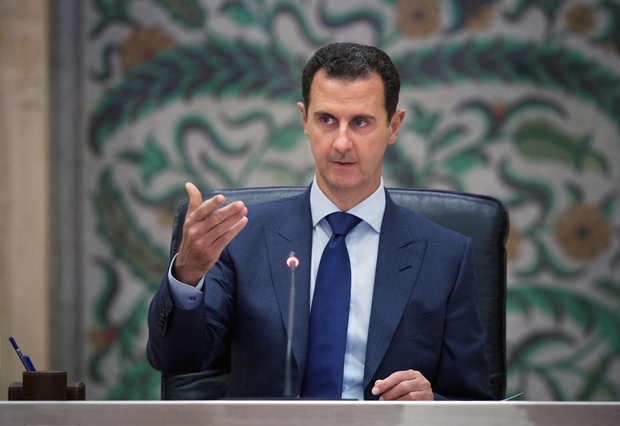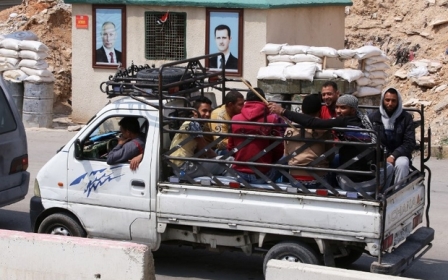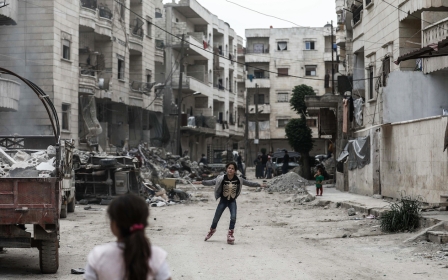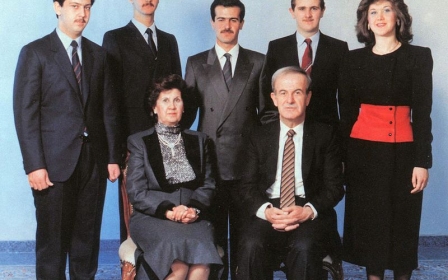Assad amends Law 10, giving Syrians a year to claim their property

Syrian President Bashar al-Assad has amended a controversial law to allow Syrians a year to prove ownership of property slated for requisitioning and renovation by the government.
Law 10 has been described by its critics as an attempt to rob Syrians who have fled the country of their property.
Critics fear it can be used to replace Sunni residents with those of faiths who are traditionally seen as closer to Assad and his government - such as Alawites, Shia and Christians - a process decried as ethnic cleansing.
Given a month to prove ownership, many Syrians living as refugees abroad or within opposition-held areas would struggle to return in time to stake their claim.
If the property claims are proven to be valid, they would be entitled to compensation.
Half of Syria’s pre-war population of 22 million has been forced from their homes over the seven and a half years of conflict.
Many have had to flee in haste, putting in doubt whether they would have the required documentation, even if they managed to return to their property in time.
Late on Sunday, Assad issued Law 42, an amendment that gives Syrians a year rather than a month to return and claim their property.
The amendment also allows Syrians to lodge their claims through normal courts rather than a dedicated judicial committee.
Locked out
Backed by Russian airpower, Assad’s forces have retaken much of the country he lost to opposition forces since 2011.
Much of that territory is around Damascus, and earlier this year the Syrian government designated areas near the capital to be requisitioned for reconstruction.
Apparently under the guise of a notorious property rights law, the Syrian government is actually blocking residents from returning
- Lama Fakih, HRW
However, according to Human Rights Watch, the government has been unlawfully preventing those areas' former residents from returning to their homes.
HRW reported that the government was demolishing people’s property in the Damascus suburb of Qaboon without even going through the processes outlined in Law 10.
“Russia and Syria are calling on people to return to attract reconstruction funding, but as always with the Syrian government, reality is much different,” said Lama Fakih, HRW’s deputy Middle East director.
“Apparently under the guise of a notorious property rights law, the Syrian government is actually blocking residents from returning.”
Another town outside the capital, Daraya, was also earmarked for redevelopment. But HRW reported that strict controls of the former opposition stronghold have locked its former residents out.
New MEE newsletter: Jerusalem Dispatch
Sign up to get the latest insights and analysis on Israel-Palestine, alongside Turkey Unpacked and other MEE newsletters
Middle East Eye delivers independent and unrivalled coverage and analysis of the Middle East, North Africa and beyond. To learn more about republishing this content and the associated fees, please fill out this form. More about MEE can be found here.




